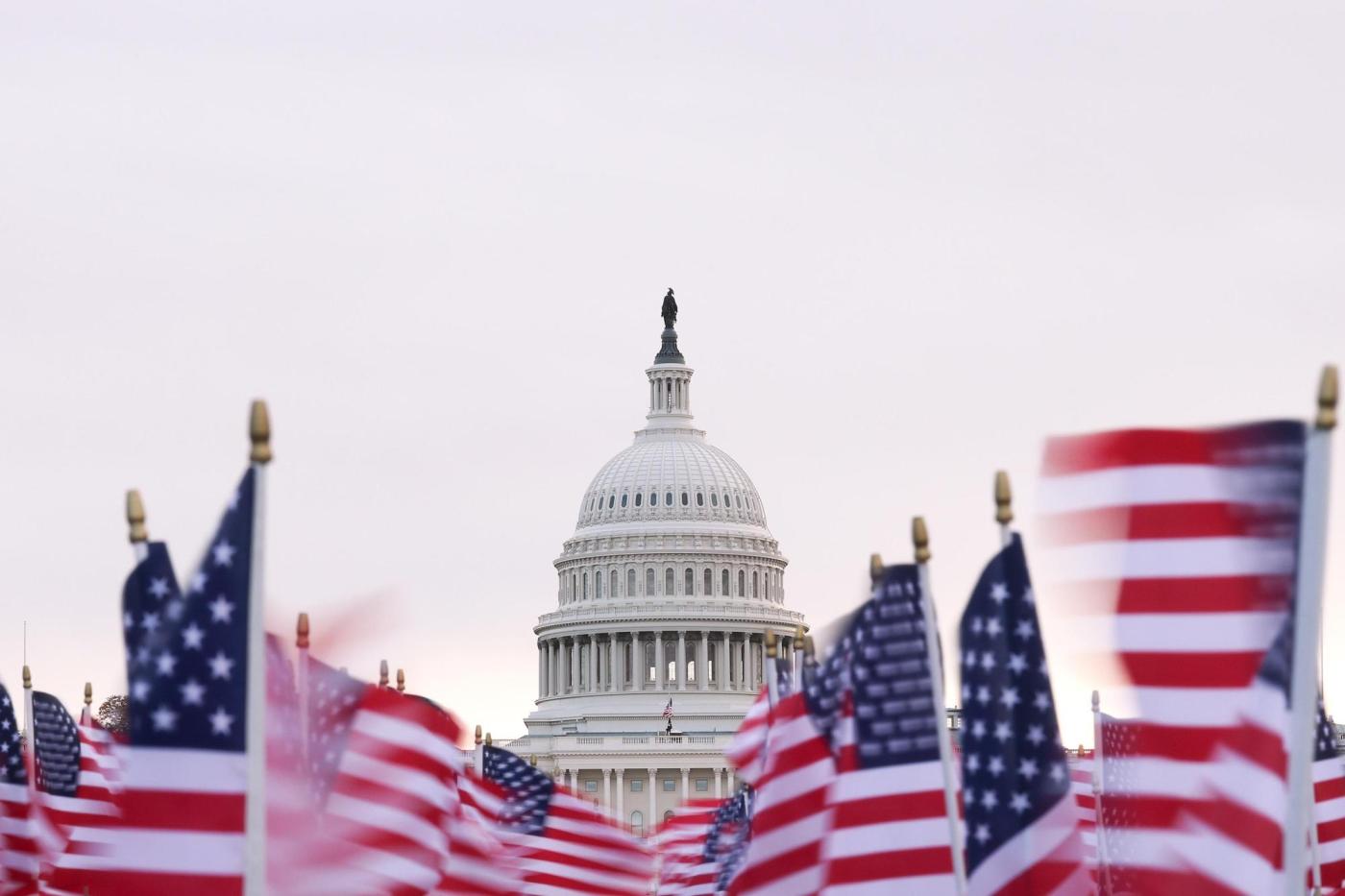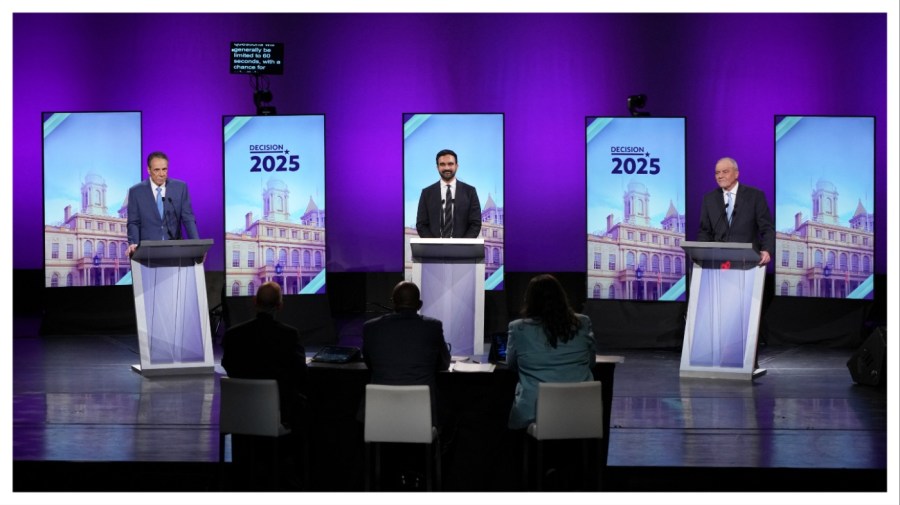UPDATE: As the longest government shutdown enters its final phase, Congress faces intense pressure to address the fallout and costs associated with the crisis. The future of the filibuster, a critical Senate procedure, hangs in the balance, with potential implications for governance looming large.
Last week, frustration among Republicans escalated as a Democratic minority utilized the filibuster to block crucial spending bills, preventing the government from reopening. With Republicans controlling both the House and Senate, they are now shouldering much of the blame for the ongoing crisis. President Joe Biden has called for a drastic measure: “REPUBLICANS, TERMINATE THE FILIBUSTER!”
This urgent plea reflects a growing sentiment among GOP ranks to eliminate the supermajority requirement of 60 votes to end debate, which they believe could simplify the passage of their legislative agenda. However, Republican leadership warns that this could create more problems than it solves.
The filibuster, when used responsibly, fosters stability in legislation and encourages bipartisan cooperation, preventing drastic shifts in policy that can emerge from narrow majorities. Should it be abolished, the risk of governance becoming unstable increases, empowering extremist factions within both parties.
Republicans may envision advancing their priorities, such as tax cuts and immigration restrictions, but they must also consider the potential for Democrats to expand their agenda dramatically once they regain power. This cyclical pattern of extreme policy swings threatens to deepen political polarization, with each party enacting starkly different legislative priorities every few years.
While concerns about the filibuster’s abuse are valid, with it effectively requiring a supermajority even for routine Senate business, the solution may not lie in its outright elimination. Instead, experts advocate for reforming the procedure to curb its misuse. Suggestions include requiring senators to maintain continuous debate or gradually lowering the cloture threshold from 60 votes to 55 votes.
As the political landscape evolves, the need for a balance between majority rule and preventing obstruction has never been more pressing. As James Madison remarked during the Constitutional Convention of 1787, the Senate should operate “with more coolness, with more system, and with more wisdom” than the House.
The upcoming days are critical. As Congress prepares to address these issues, the future of the filibuster—and with it, the stability of U.S. governance—remains uncertain. What happens next could reshape the legislative landscape for years to come. Stay tuned for updates as this story develops.







